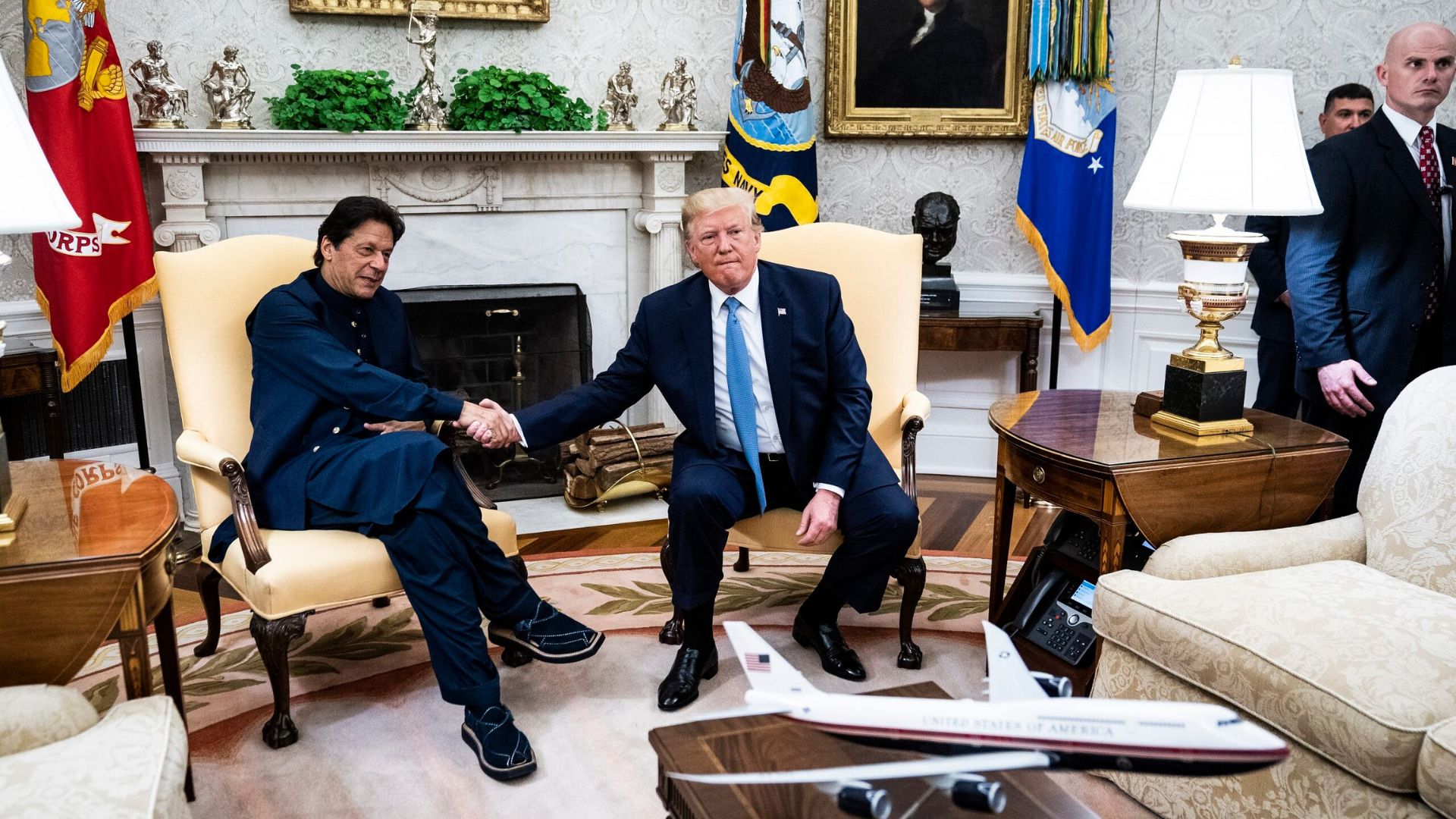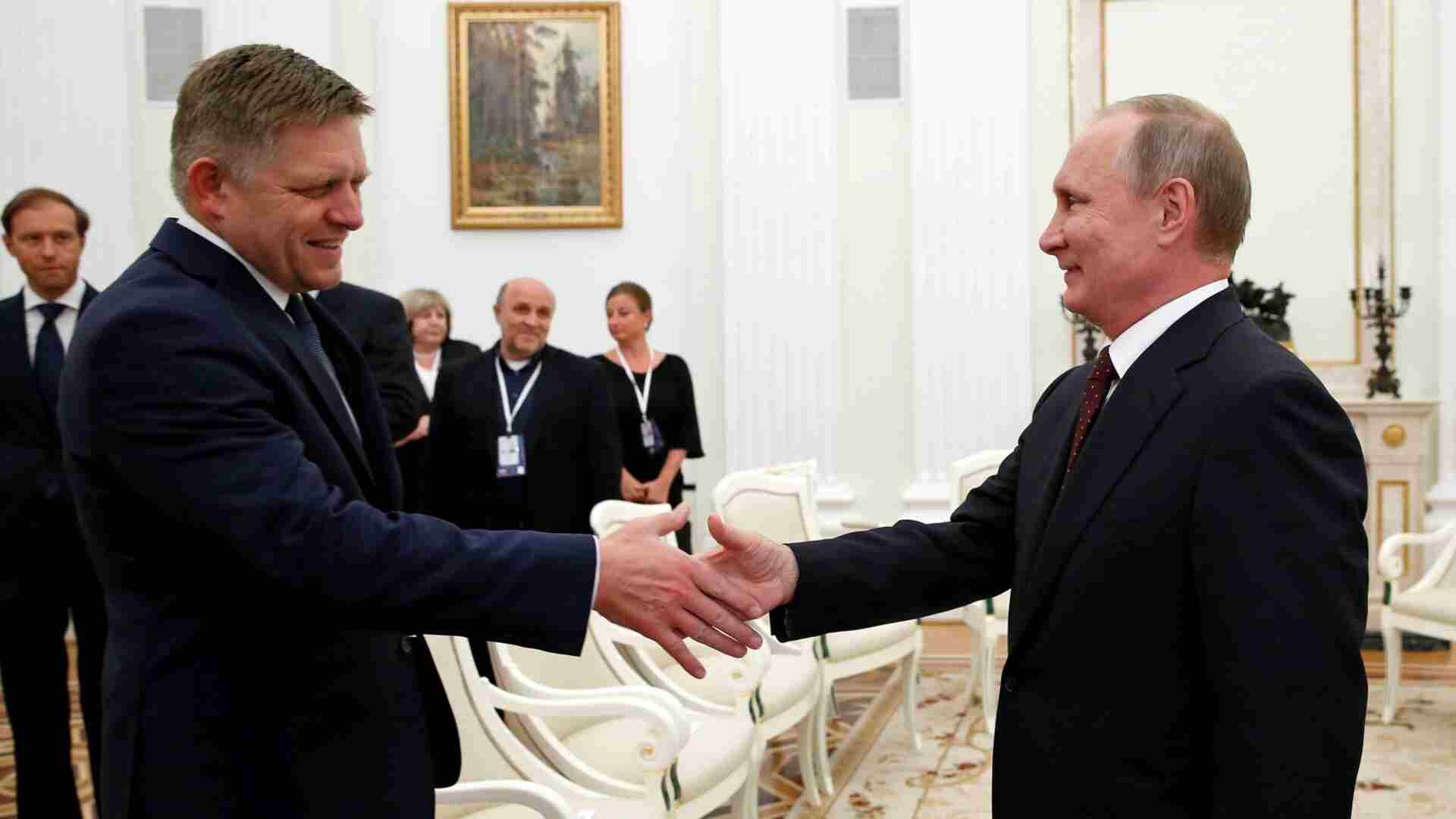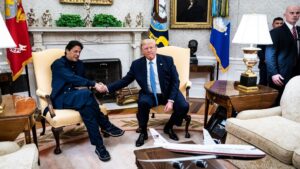As Pakistan’s political climate remains tense, allies of jailed former Prime Minister Imran Khan are expressing hope that a Donald Trump victory in the upcoming U.S. presidential election might expedite Khan’s release from solitary confinement. This expectation is tied to the perceived warm relationship between Khan and Trump during Trump’s first term in office, which some believe could translate into diplomatic support for Khan.
Pakistan’s Interest in the U.S. Election
The U.S. election on November 5, featuring Democrat Kamala Harris against Republican Donald Trump, is being closely watched not only in the United States but also in Pakistan. Many Pakistanis view the potential outcomes as having significant implications for their own country’s political scene. Trump’s first administration saw periods of closer engagement with Pakistan, and some of his South Asia policies overlapped with Khan’s own regional approach. Yet, some analysts argue that changes in Pakistan’s own political and legal frameworks might allow Khan’s release regardless of U.S. election outcomes.
During his presidency, Trump fostered a cordial relationship with Khan, inviting him to the White House in July 2019, where the two exchanged compliments and displayed mutual respect. The leaders met again in early 2020 at the World Economic Forum in Davos. However, when Joe Biden assumed office in 2021, U.S.-Pakistan relations cooled noticeably, marked by an absence of high-level contact. The lack of engagement with Khan underscored how changes in U.S. leadership can impact international ties, particularly between the U.S. and Pakistan.
Recent Appeals and Diplomatic Calls
In late October, over 60 Democratic members of Congress wrote to President Biden, encouraging him to leverage U.S. influence to secure the release of political prisoners in Pakistan, including Khan. In response, Pakistan’s Foreign Office dismissed these concerns, calling them misunderstandings of the local political context. Simultaneously, the Pakistani American Public Affairs Committee publicly endorsed Trump, suggesting his presidency might improve U.S.-Pakistan relations and foster support for Khan’s release. Unconfirmed reports have even surfaced of an American delegation visiting Khan in Adiala Jail, fueling speculation about potential U.S. diplomatic involvement.
Imran Khan’s Legal and Political Struggles Khan, a former cricket star and Pakistan’s prime minister from 2018 to 2022, was removed from office in a no-confidence vote. Initially, he accused the U.S. of orchestrating his removal, though he later directed these claims at Pakistan’s former army chief, General Qamar Javed Bajwa. Despite acquittals in several cases, Khan has remained in prison for over a year, with a three-year sentence issued in August 2023 for allegations involving the illegal sale of government gifts. Following his conviction, the Election Commission of Pakistan disqualified him from public office for five years. Khan’s party, Pakistan Tehreek-e-Insaf (PTI), has pledged to continue his mission, even as members face arrests and alleged intimidation ahead of the 2024 general elections.
Hopes for International Intervention Many PTI leaders believe a Trump victory could help secure Khan’s release. Senior PTI official Taimor Saleem Khan Jhagra remarked on the personal rapport between Trump and Khan, which he hopes could translate into tangible support. He also referenced recent calls from U.S. Congress members advocating for Khan’s release, which, while encouraging, are tempered by Pakistan’s internal political dynamics and the influence of the nation’s powerful establishment.
Geopolitical and Strategic Considerations Dr. Farhat Asif, an Islamabad-based geopolitical expert, noted that a Trump victory might impact Pakistan’s domestic political landscape. However, she emphasized that any influence from a potential Trump administration would likely be grounded in U.S. strategic interests in South Asia—such as regional security and countering Chinese influence—rather than purely humanitarian motivations. Asif suggested that Trump’s unconventional approach to diplomacy, evident in his dealings with North Korea, might translate to a firmer stance if Pakistan’s policies clash with American objectives.
Analyst Perspectives on U.S.-Pakistan Dynamics Karachi-based analyst Adeeb Uz Zaman Safvi believes Khan’s independent approach has historically unsettled both the U.S. and Pakistan’s establishment. He views U.S. policymakers as favoring alliances with Pakistan’s entrenched political elites, a stance aimed at weakening Pakistan’s ties with Russia and curtailing its collaboration with China on projects like the China-Pakistan Economic Corridor. Safvi compared Khan’s resilience to Nelson Mandela’s, asserting that Khan’s influence remains strong, even behind bars.
Outlook for Khan’s Fate While Trump’s potential return to office has stirred hopes among Khan’s allies, analysts caution that any shift in U.S.-Pakistan relations will ultimately depend on how Khan’s situation aligns with the strategic interests of the United States in the region. As Pakistan prepares for its general elections in 2024, Khan’s supporters remain cautiously optimistic, hoping for international support to secure his release.













